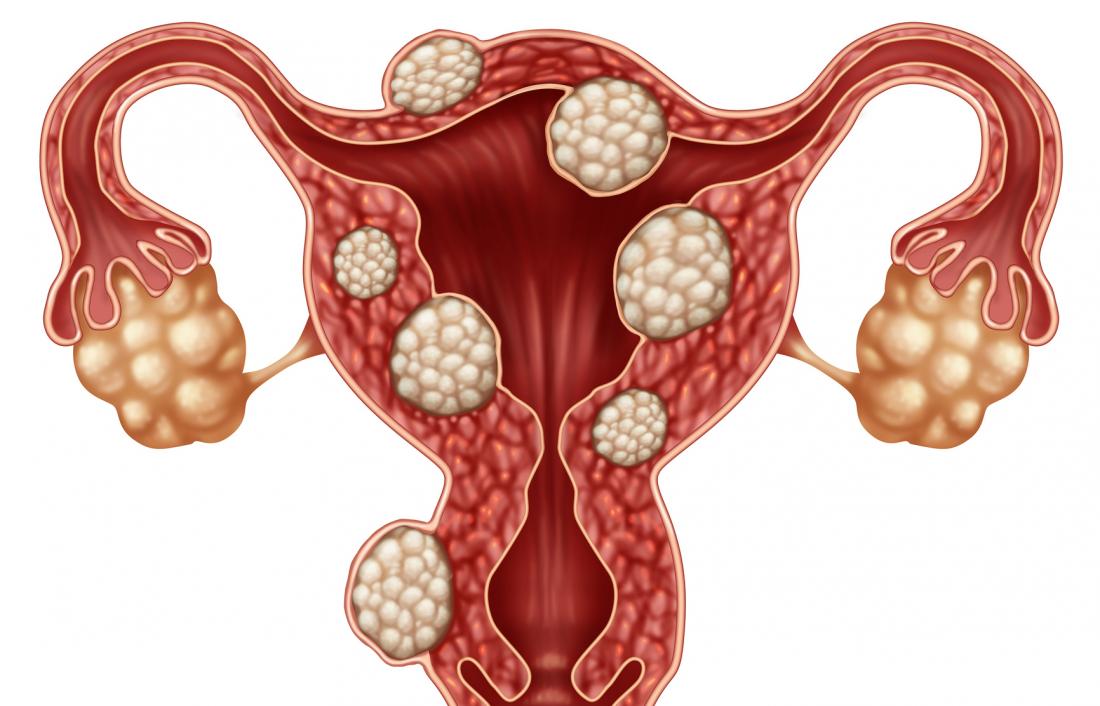AbbVie seeks FDA nod for Elagolix
August 19, 2019 | Monday | News
If approved, this will be an oral medical management treatment option for Heavy Menstrual Bleeding (HMB) associated with uterine fibroids
AbbVie, a research-based global biopharmaceutical company, in cooperation with Neurocrine Biosciences, Inc. have announced the submission of a New Drug Application (NDA) to the U.S. Food and Drug Administration (FDA) for elagolix, an investigational, oral gonadotropin-releasing hormone (GnRH) antagonist, for the management of heavy menstrual bleeding (HMB) associated with uterine fibroids in women.
Uterine fibroids are non-cancerous, hormonally-responsive muscle tissue tumors of the uterus.They can affect up to 70% of Caucasian women and up to 80% of African American women by age 50. Fibroids can be asymptomatic but, in some women, fibroids can cause symptoms, such as heavy menstrual bleeding (HMB), vaginal bleeding at times other than menstruation, and anemia.
"This submission brings us closer to our goal of improving care for women who continue to struggle with the often disruptive effects of uterine fibroids," said Michael Severino, M.D., vice chairman and president, AbbVie. "If approved, this combination has the potential to offer women and their healthcare providers an additional oral medical treatment option."
The NDA is supported by data from the elagolix Phase 3 uterine fibroid program, which evaluated nearly 800 premenopausal women with HMB associated with uterine fibroids in two pivotal studies (ELARIS UF-I and ELARIS UF-II) at approximately 100 sites in the U.S. and Canada. The replicate studies evaluated the safety, tolerability and efficacy of elagolix alone (300 mg twice daily, or BID) and in combination with low-dose hormone (add-back) therapy (estradiol 1.0 mg/norethindrone acetate 0.5 mg) in women with uterine fibroids for six months. An extension study permitted women to be treated for an additional six months.
The primary endpoint assessed the reduction in HMB compared to placebo as measured by the alkaline hematin method, an objective measurement of total menstrual blood loss (MBL) based on quantification of menstrual blood collected on sanitary products. In both studies, elagolix in combination with add back therapy met the primary endpoint. The most frequent adverse events reported (≥ 5 percent) were hot flush, night sweats, nausea, headache and fatigue.
Top-line results from these clinical studies were previously announced at the 47th American Association of Gynecologic Laparoscopists (AAGL) Global Congress on Minimally Invasive Gynecology. Detailed results from the Phase 3 program will be published in a peer-reviewed medical journal later this year.
Elagolix for the management of HMB associated with uterine fibroids is investigational and its safety and efficacy have not been evaluated by any regulatory authorities









